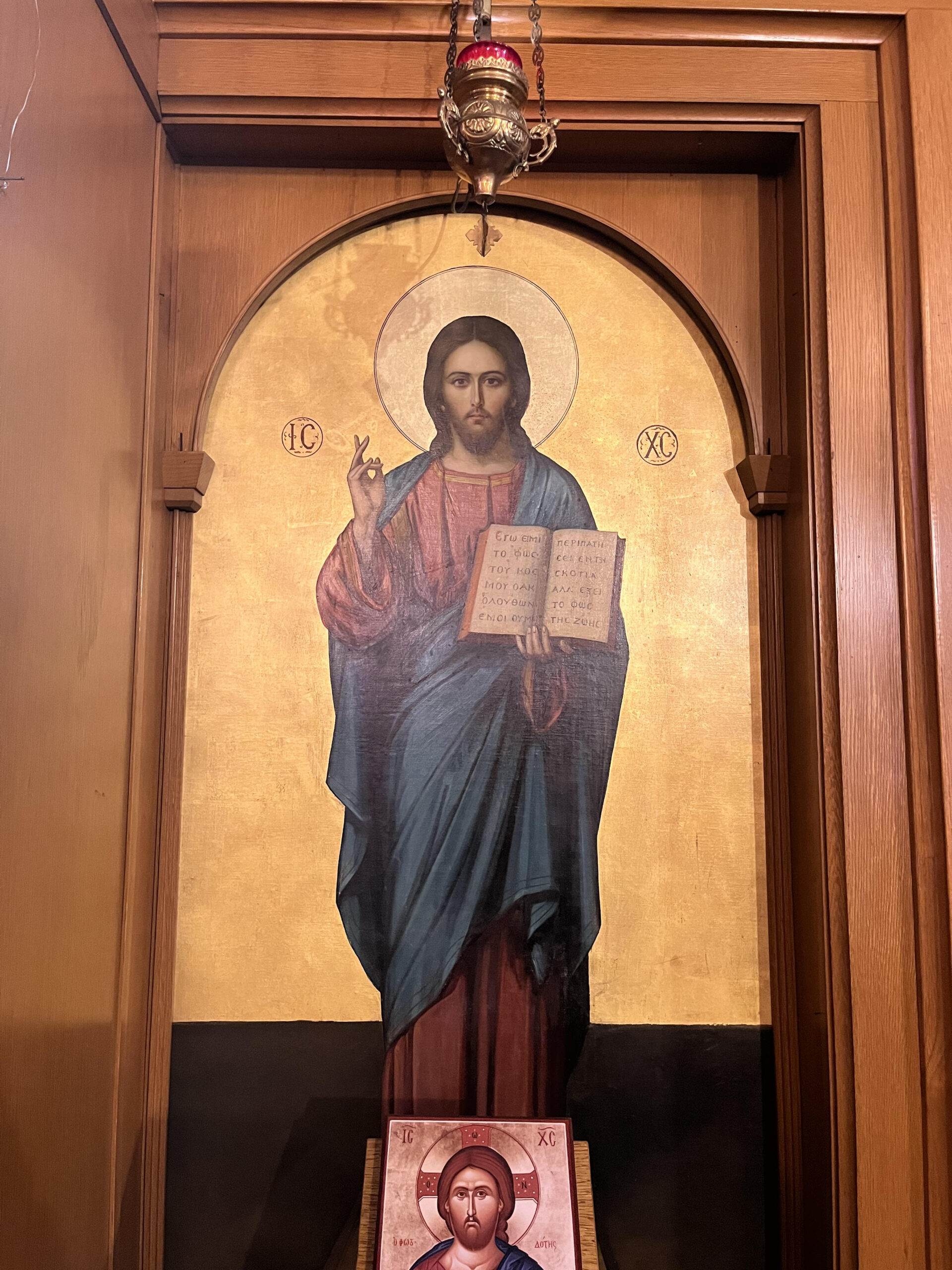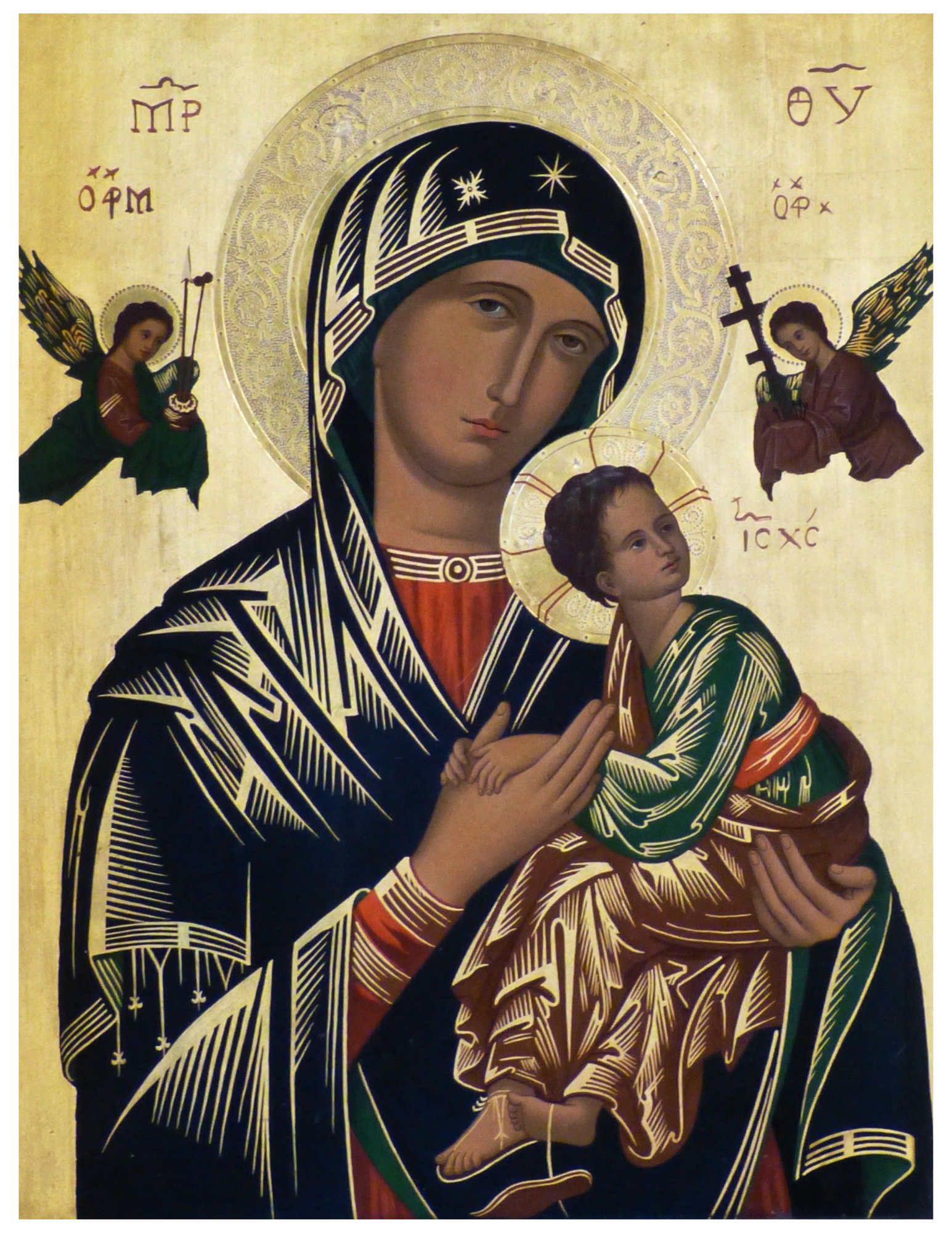Now in these days when the disciples were increasing in number, the Hellenists murmured against the Hebrews because their widows were neglected in the daily distribution. And the twelve summoned the body of the disciples and said, “It is not right that we should give up preaching the word of God to serve tables. Therefore, brethren, pick out from among you seven men of good repute, full of the Spirit and of wisdom, whom we may appoint to this duty. But we will devote ourselves to prayer and to the ministry of the word.” And what they said pleased the whole multitude, and they chose Stephen, a man full of faith and of the Holy Spirit, and Philip, and Prochorus, and Nicanor, and Timon, and Parmenas, and Nicolaus, a proselyte of Antioch. These they set before the apostles, and they prayed and laid their hands upon them. And the word of God increased; and the number of the disciples multiplied greatly in Jerusalem, and a great many of the priests were obedient to the faith.
Acts 6:1-7 (Epistle on the Sunday of the Myrrh-Bearing Women)
Christ is Risen!
Today by God’s grace and mercy, I celebrate my 23rd anniversary of ordination to the priesthood. I humbly ask for your prayers and forgiveness on this day.
The Bible is not only a source of spiritual inspiration but in many cases gives us a good view into our history. Such is the case in this Sunday’s Epistle from the book of Acts. From this short passage, we glean the two very important and essential works of the Church—preaching of the Word of God and giving food to the poor. The “daily distribution” was the giving of food to the widows. As the Church began to grow, the Apostles could not keep up with preaching the word of God and also the daily distribution. People who were used to receiving food began to murmur against the Apostles because they felt neglected. The Apostles threw their hands up and said there wasn’t enough time to pray, spread the Word of Christ and feed the hungry and they needed help to do so.
So, they found seven men whom they “ordained” deacons, to assist in distributing food to the poor. From this brief passage, we see the rudimentary structure of our modern ordination service—that it involves the laying on of hands and is done in the presence and with the consent of the people. In the Orthodox service of ordination, whether it be a deacon, priest, or bishop, the ordaining bishop (in the case of an episcopal ordination, at least three bishops) lays his hands over the candidate being ordained and offers the prayer of ordination over him. The people present agree by saying “Axios,” “Worthy.” If the people say “Anaxios” or “unworthy” then the ordination cannot be completed.
Going back to the purpose of the Church, it seems like it is very simple—preach the Word of God, and distribute food to the poor. These are the earliest stated works of the Church. I’ve spent over twenty years of my life working for the Church as a priest, and I know first-hand that we don’t do either of these things as well as we should, and that we have other things we focus on. The majority of effort in most churches goes toward fundraising to keep the churches open. The idea of giving money to the poor is looked down upon in many places. “Charity begins at home” is a motto many really believe. Our church at present gives 6% of its income to charity. We are hopefully working our way up to 10%. That will be a challenge. It should be automatic.
Same thing with serving the poor. Our parish helps to staff a soup kitchen on the third Saturday of each month. Some of our members go regularly and help, and most have not gone even once. If we were doing this right, we should be able to staff it every Saturday, perhaps even have our own soup kitchen.
When we make our churches about Greek dancing and sports for our children, is it any wonder that they grow up not knowing the Word of God or with any desire to serve the poor? Because we haven’t taught them the two basic things. Greek festivals are a great opportunity to sell food to pay our bills, but the early Church wasn’t selling food to festival patrons, it was giving away food to the poor.
Please don’t read today’s message as a rant. I hope it serves as motivation for each of us to think and to reflect on how we individually and as a whole can do a better job doing the two things outlined in the book of Acts—spread the Word of God and feed the hungry. The Bible can’t be any more specific about what we are doing. Festivals, fundraisers, and fancy buildings were not on the agenda for the Apostles and while these things are part of modern parish life, they shouldn’t be the things that define it.
No, we are not looking for seven deacons, or seven people to step forward and commit to full-time Church work. But the Church is always looking for people to step forward to help in its ministries. And the Church is looking for everyone to contribute more in terms of financial stewardship so that we can meet the needs of the parish and still have a good amount left over to help the poor. Ideally, we each set aside the first fruits of our income for the Church and the Church sets aside its first fruits (and not the leftover, if there are any) to distribute to the poor.
When he took down Your immaculate Body from the Cross, the honorable Joseph wrapped it in a clean linen shroud with spices and laid it for burial in a new tomb. But on the third day You arose, O Lord, and granted the world Your great mercy. (Apolytikion, Feast of the Sunday of the Myrhh-Bearing Women, Trans. by Fr. Seraphim Dedes)
Individually and collectively, we need to make a greater effort to spread the Word of God and feed the hungry!

